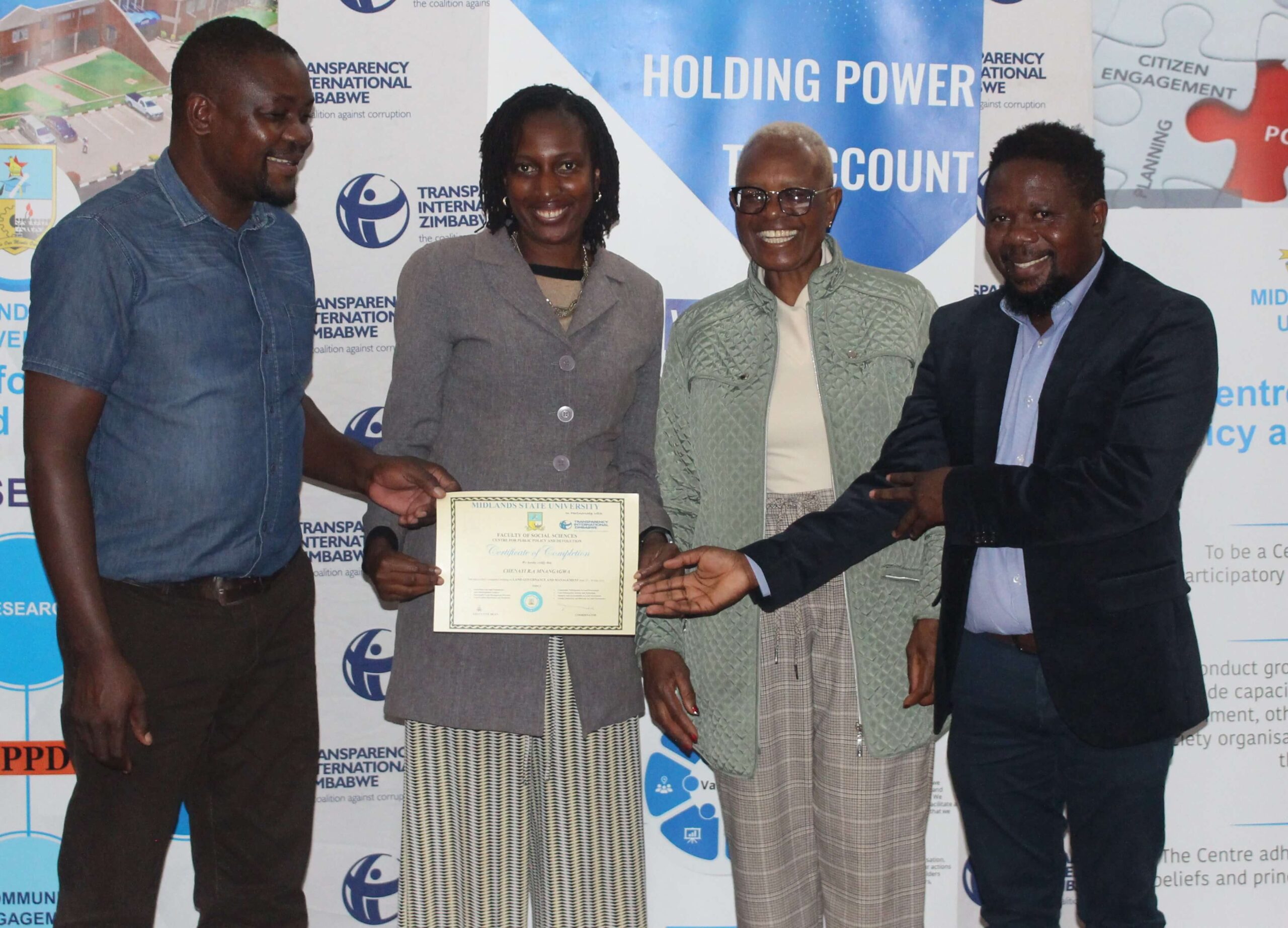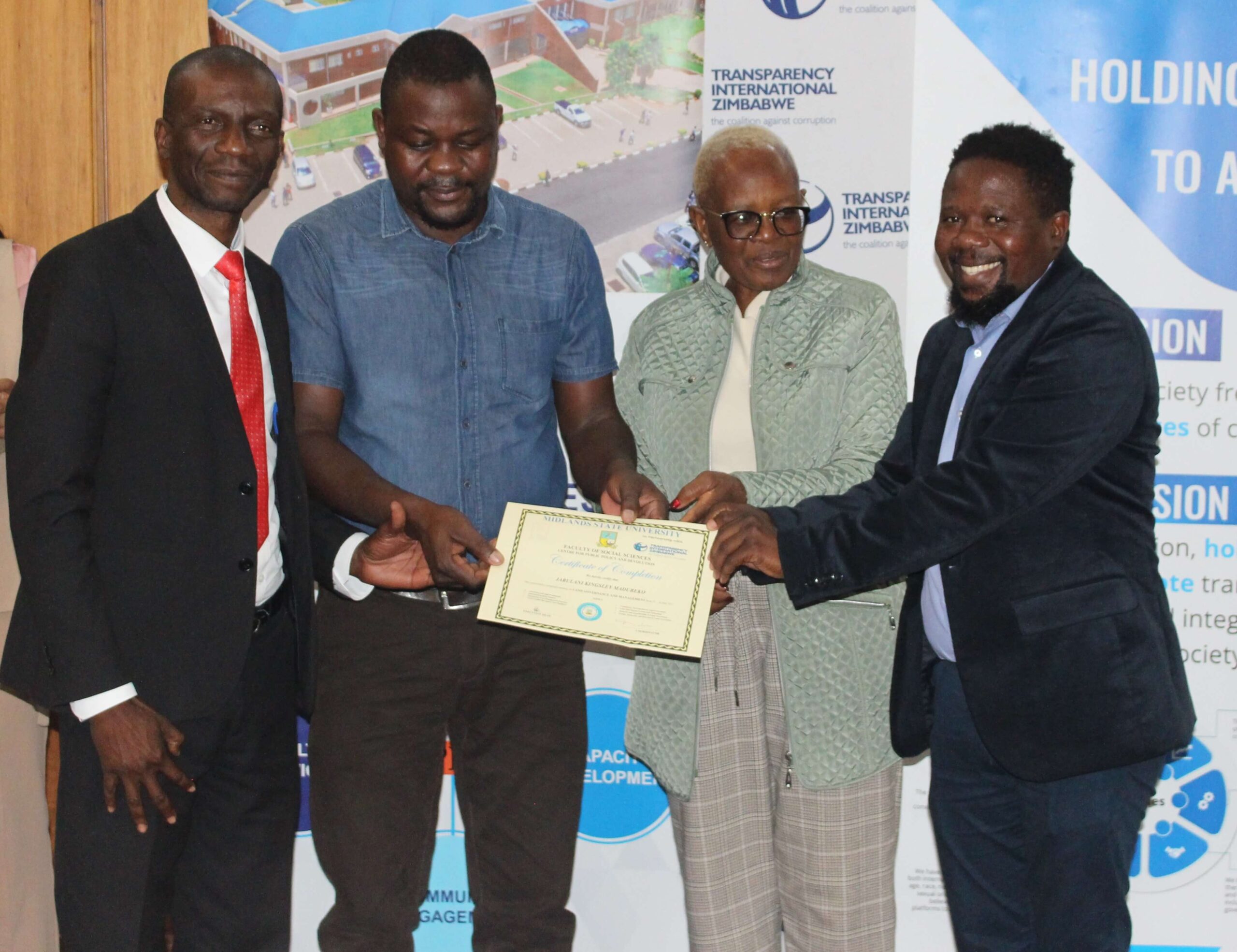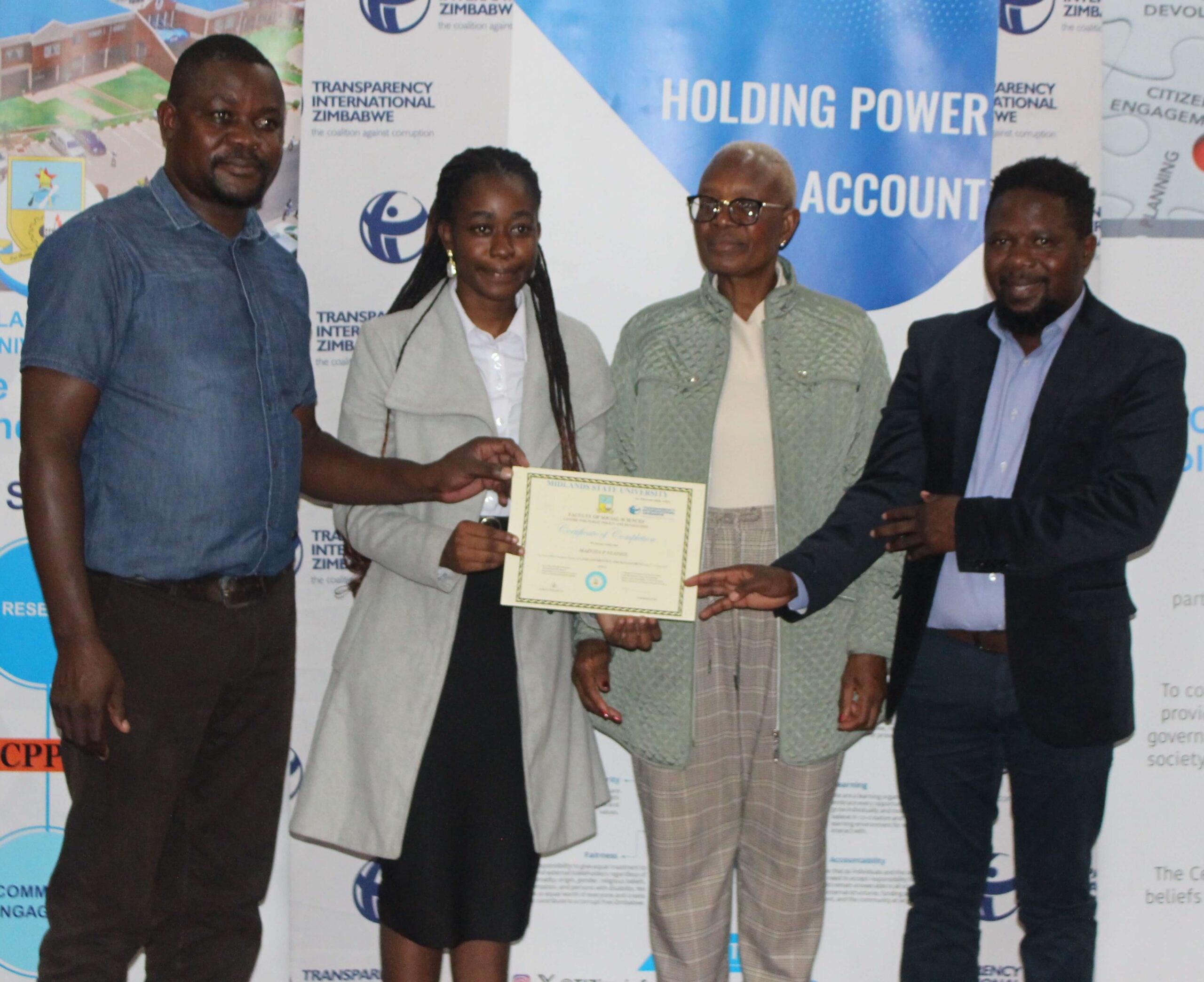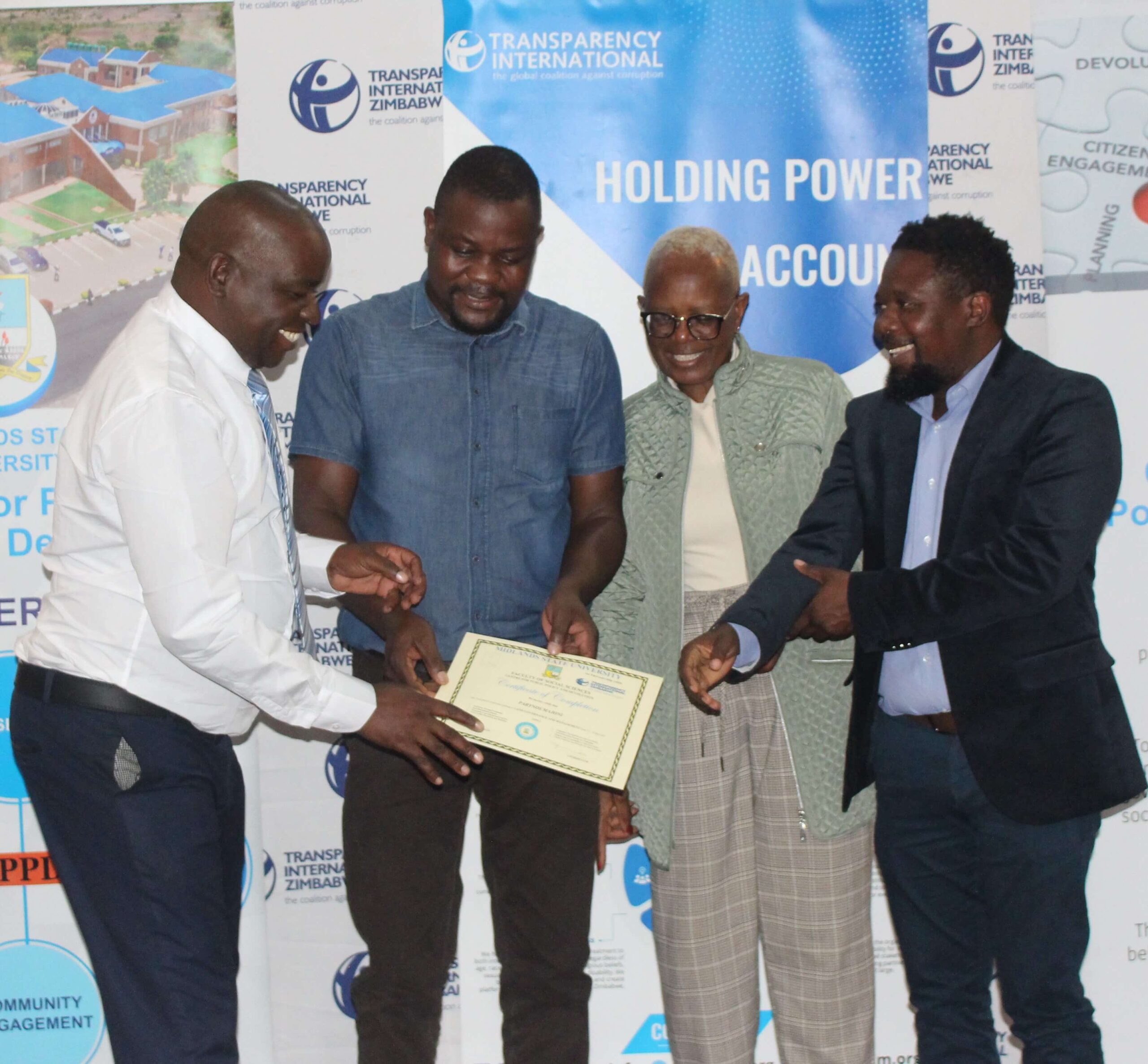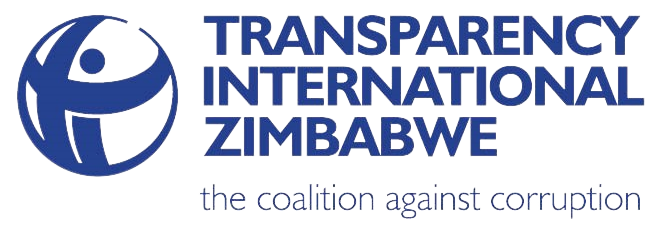Introduction
Zimbabwe’s land governance framework is facing increasing scrutiny as the country grapples with rapid urbanisation, overlapping land tenure systems, and growing public concern over corruption and poor service delivery. According to Corruption Perception Index (2024)60% Percentage of people who thought corruption increased in the previous 12 months. Such trends threaten sustainable development, fuel inequality, and erode public trust in governance systems.
To respond to these challenges, Transparency International Zimbabwe (TI Z), in partnership with the Centre for Public Policy and Devolution (CPPD) at Midlands State University (MSU), has designed a dynamic and practical Land Governance and Management Course. The course is aimed at equipping key actors in land governance with the knowledge, skills, and ethical leadership required to champion transparency, improve institutional coherence, and ensure inclusive land reforms in Zimbabwe.
Who Should Attend
This course is tailored for:
● Traditional Leaders
● Policy Makers and Local Government Officials
● Law Enforcement Officers
● Land Planners and Urban Development Practitioners
● Civil Society Actors
● Academics and University Students
● Land Commissioners and Ministry of Lands, Agriculture, Fisheries, Water and Rural Development Personnel
Why Enrol?
Participants will:
Explore Zimbabwe’s dual (customary and statutory) land tenure system and how to harmonise them
Examine the role of traditional leaders and local authorities in peri-urban land markets.
Learn about digital technologies (e.g., Geographic Information System , land databases) for improved land information systems
Understand the institutional and legal reforms needed to curb land baronism and corruption.
Gain insight into inclusive land governance approaches that prioritise women and marginalized communities.
Engage with successful regional and global land reform case studies
Delivery Approach
The course is delivered through a five-day intensive training programme featuring:
● Expert led sessions on key thematic areas such as anti-corruption, legal frameworks, and digital transformation in land management
● Facilitated dialogue and case studies to allow peer learning and problem-solving
● Institutional visits to government ministries, land commissions, and local authorities
● Engagement with policymakers, traditional leaders, diplomats, and anti-corruption advocates
● Hands on simulations and scenario-based learning to sharpen participants’ response to real-world governance challenges
Links
